Five-year collaboration has made sustainability research a permanent feature at CBS

Foto: Anna Holte
“Five years ago, you wouldn’t see sustainability-related research published in the big, mainstream journals. Now it’s a natural part of them,” explains CBS Professor, Andreas Rasche. With the Director of CBS Sustainability, Jeremy Moon, he reflects on the outcomes of the five-year collaboration between the Velux Endowed Chair in Corporate Sustainability and the Governing Responsible Business World-Class Research Environment that just came to an end.
A five-year collaboration worth DKK 20,000,000 came to an end this summer. The Velux Endowed Chair in Corporate Sustainability and the Governing Responsible Business Research Centre (GRB) World-Class Research Environment have run research projects, started up sustainability initiatives together, and been a channel through which CBS researchers could meet across disciplines and work with sustainability in various forms.
CBS WIRE met with Professor Andreas Rasche, Co-Director of GRB and Professor Jeremy Moon, VELUX Professor of Corporate Sustainability and Director of CBS Sustainability to talk about and reflect on the outcomes of the collaboration between the two projects.
Jeremy Moon places a heavy textbook on the table in Andreas Rasche’s office where the interview takes place. ‘Corporate Social Responsibility – Strategy, Communication, Governance’ it’s called. It’s written and edited by him, Andreas Rasche and Mette Morsing.
“This is a very tangible outcome of this and it’s used for teaching here at CBS,” he says. He explains that the textbook, for example, is used in the new course ‘Corporate Citizenship’, which was established through the Velux Endowed Chair of Corporate Sustainability along with a new PhD course made in collaboration with the business schools in Stockholm and Aalto.
When Andreas Rasche is asked what he sees as one of the main takeaways from the collaboration and GRB, he doesn’t bring out a textbook.
“We’ve managed to strengthen and deepen the visibility of sustainability research at CBS by bringing people together and we’ve shown that this kind of research can feature in mainstream journals. It wasn’t like that five years ago. And we should be proud of that,” he says.
Boosting collaboration
When GRB was established, Andreas Rasche and his co-director of the center Professor Dan Kärreman had three goals:
- Improve the quality of the research done by publishing in higher ranked, in top-tier journals.
- Attract more external research grants and PhD stipends.
- Develop the competences of PhD students and young scholars.
“As it was a five-year project, it was important for us to develop the young scholars and to connect them with relevant international networks, as they are the next generation. Overall, I think we succeeded in all of our goals. It’s been money well-spent,” says Andreas Rasche and explains that they made a fellowship program, in which people could nominate rising research stars and renowned researchers become a fellow for a year in order to boost collaboration.
If it’s our aim to inspire businesses to become sustainable, we have to work with this
Jeremy Moon
It was actually, according to Jeremy Moon, a mere coincidence that he and Andreas Rasche got funding for the projects at the same time, with the same timeframe and similar topics. But as the Velux Endowed Chair had more funding, it had additional capacity to contribute to the collaboration between the two.
“Velux brought bodies, so to speak. We hired two PhD fellows, and employed three postdocs. GRB didn’t have funding for recruitment. Furthermore, the funding included money for collaboration with the student organization Oikos and to develop initiatives such as the sustainable event guide and a sustainability festival this September,” explains Jeremy Moon.
Inspire businesses and develop fact-based knowledge
Before the collaboration came to an end, CBS got a new research center, CBS Sustainability, which aims to bring researchers together – both within the field of sustainability at CBS and internationally. It was, however, not a direct outcome of the Velux and GRB collaboration, but “they played a role,” as Andreas Rasche points out. But why is it important for CBS and business schools in general to make research and teaching in sustainability visible?
“This is interesting. Academics often think of themselves as being ahead of everyone else. But, in fact, it’s businesses and organizations that are the first movers when it comes to taking on sustainability initiatives and looking into how, for instance, things like sustainable taxation will affect them,” says Jeremy Moon and continues:
“If it’s our aim to inspire businesses to become sustainable, we have to work with this. We have to introduce the research and research-based teaching and eliminate skepticism that way.”
Andreas Rasche has another take on this question.
“The area of sustainability attracts a large number of popular opinions, but a lot of these are often untrue. Our purpose here, as a business university, is to develop fact-based knowledge, and explain what works, what doesn’t and what’s true and untrue. Businesses and organizations have their own agendas, but we’re independent observers of what’s actually going on,” he says.
Some things remain
Although a lot of the small projects from the collaboration have come to an end, some of the ideas, initiatives and collaboration between researchers remain at their new home at CBS Sustainability.
For example, the Business of Society (BOS) Blog, the fellowship program, various collaborations with high-level scholars around the world, and the course in ‘Corporate Citizenship’. But there’s room for new projects too, explains Andreas Rasche.
“We’re working on a big joint project, which will focus on sustainable governance and behavioral science,” he says and continues:
“How do regulators make sustainable decisions? What do they experience? What affects the decisions they make? So far, we’ve made the proposal, so let’s see what it leads to.”



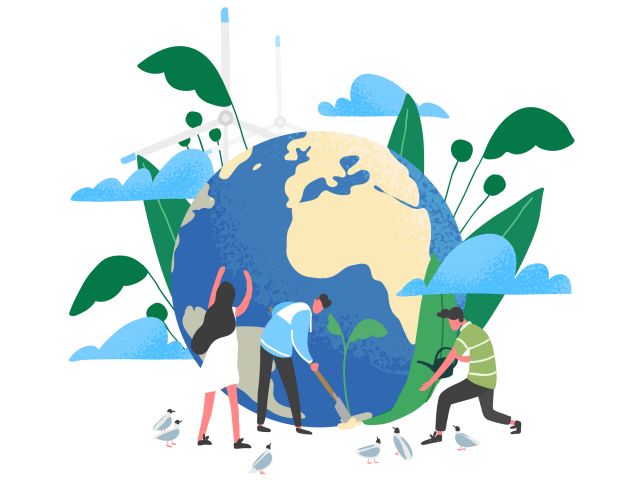
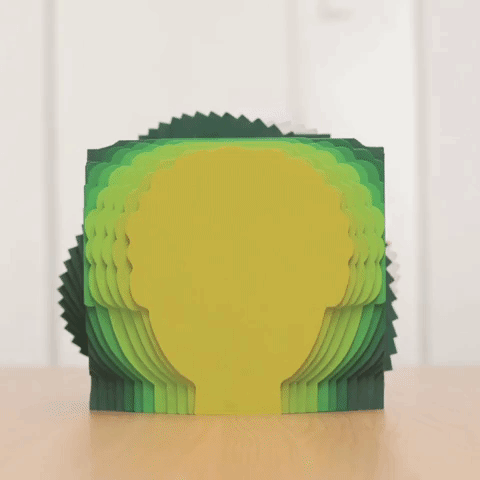
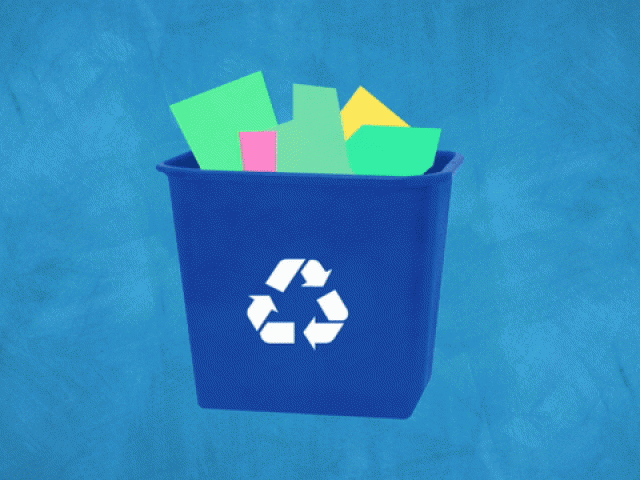

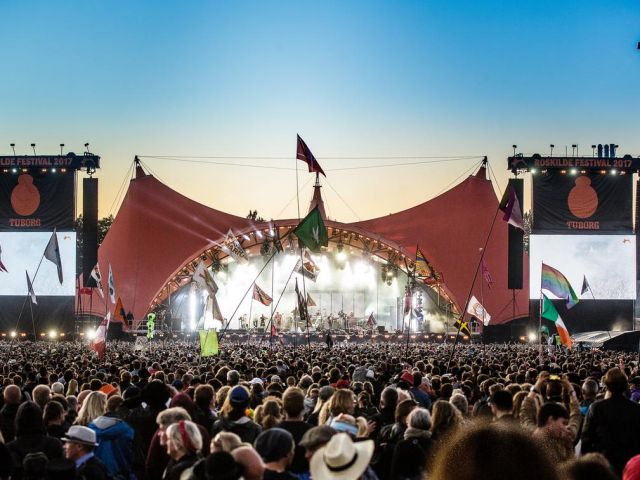
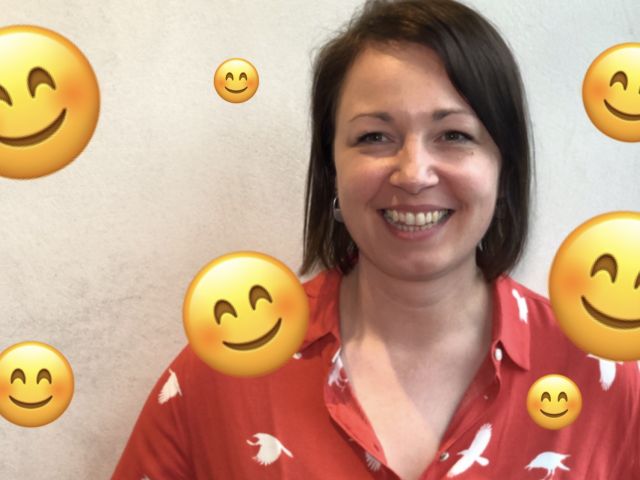
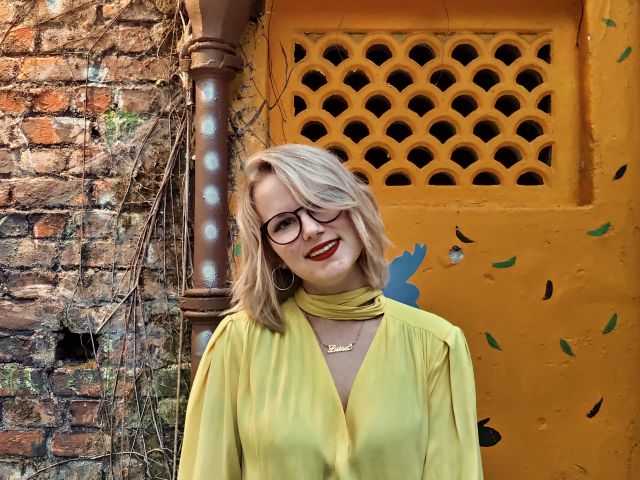
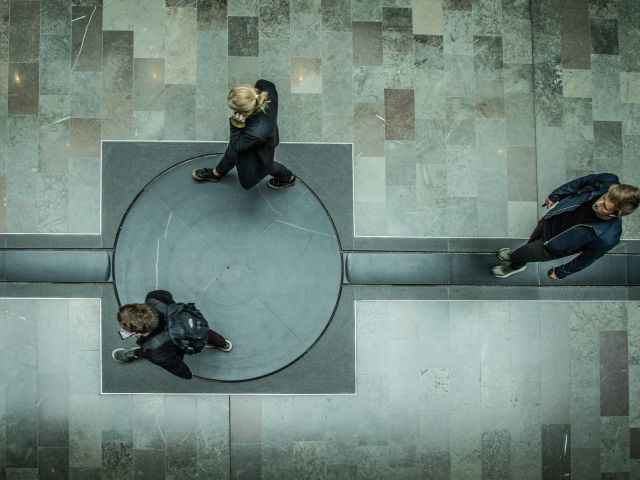




























































































































Comments